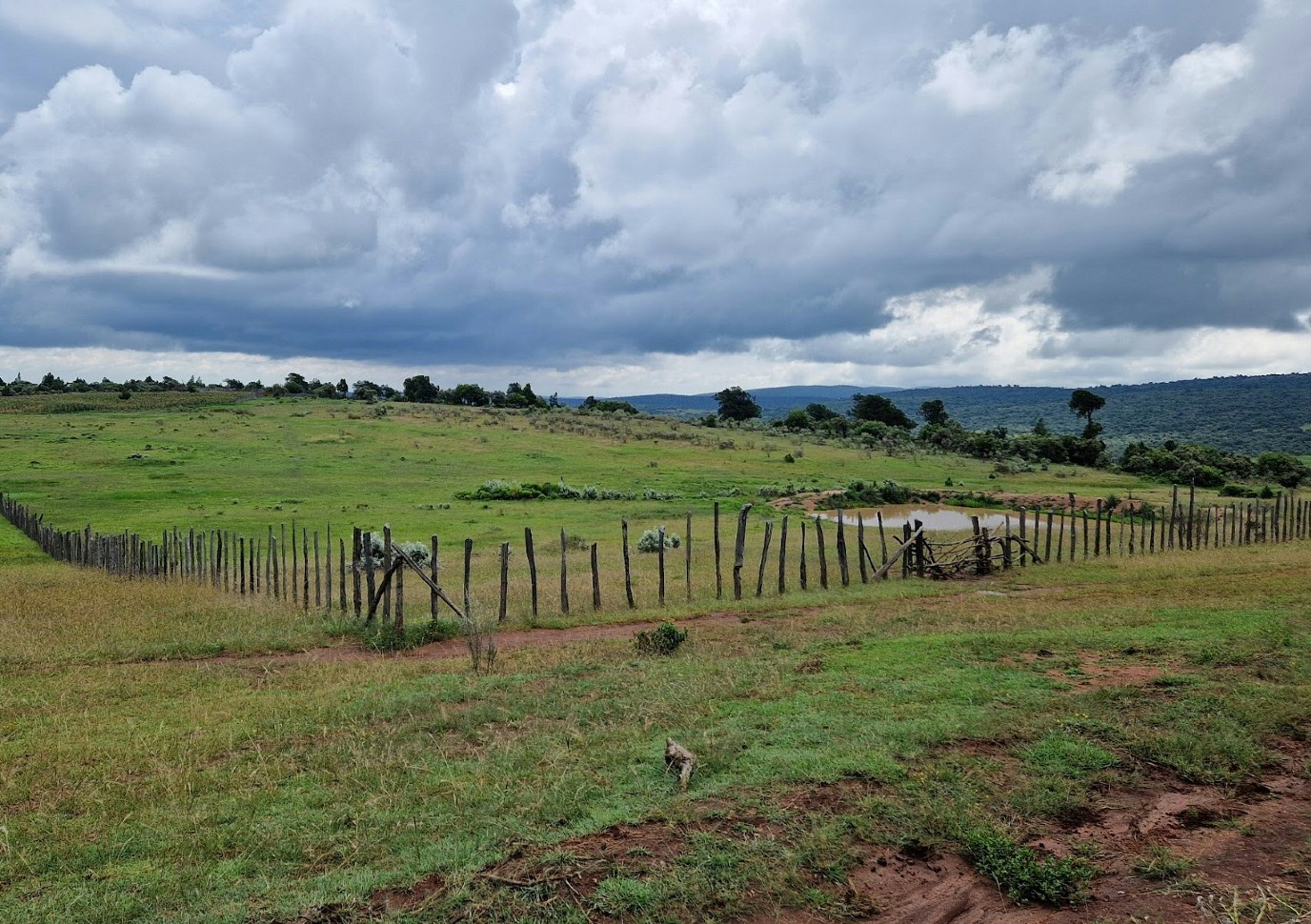NWO-ORC grants for FSE researchers from Dutch Research Agenda
Researchers from the Faculty of Science and Engineering (FSE) at the University of Groningen have been awarded two NWO-ORC grants. Professor Han Olff is coordinator of the project CurveBend, which is receiving 6.7 million euros to develop a new approach to global biodiversity restoration in areas with a high amount of livestock farming. Researchers from various FSE institutes are partners in a consortium led by Professor Inge Loes ten Kate (UU, UvA), which will conduct research into the origin of life on Earth and in the universe.
These are grants within the Research on Routes by Consortia (ORC) program of the Dutch Research Agenda (Nederlandse Wetenschapsagenda, NWA). In the projects, researchers from multiple universities collaborate with knowledge partners and civil society organizations.
CurveBend: From biodiversity loss to a nature-positive society through mobilisation of collective action at the landscape scale
Biodiversity is under significant pressure worldwide, and restoration efforts often fall short. This project proposes a new approach to restoring biodiversity in areas where livestock farming dominates land use. The research stimulated and studies new collective initiatives where all relevant regional parties — including residents, farmers, conservationists, recreational entrepreneurs, the agrifood chain, municipalities, and water authorities — work together both within and across sectors. By comparing different areas in the Netherlands, South America, and East Africa, the project aims to develop effective, region-specific solutions and foster the exchange of innovative ideas.

PRELIFE - Pathways, Reactions, and Environments leading to LIFE: An interdisciplinary approach
The origin of life is one of science's greatest unsolved puzzles. Several theories exist, but there is no consensus. PRELIFE is built on an interdisciplinary approach in which astronomy, biology. chemistry, computer science, earth and planetary sciences, education science, mathematics, and physics work together on the question 'How and under what conditions did life arise on earth, and how common are these conditions in the universe?' These questions are also alive in society, which is why teachers, schoolchildren and the public will be involved in the search for answers, through educational projects and collaborations with artists and museums.
Read more:
| Last modified: | 19 November 2024 09.14 a.m. |
More news
-
25 April 2025
Leading microbiologist Arnold Driessen honoured
On 25 April 2025, Arnold Driessen (Horst, the Netherlands, 1958) received a Royal Decoration. Driessen is Professor of Molecular Microbiology and chair of the Molecular Microbiology research department of the Faculty of Science and Engineering at the...
-
24 April 2025
Highlighted papers April 2025
The antimalarial drug mefloquine could help treat genetic diseases such as cystic fibrosis, Duchenne muscular dystrophy, as well as some cancers.
-
22 April 2025
Microplastics and their effects on the human body
Professor of Respiratory Immunology Barbro Melgert has discovered how microplastics affect the lungs and can explain how to reduce our exposure.
